Zane Levine
For my project this summer, I am researching how children, specifically ages 4-6, form causal relations. I am trying to understand what leads a child to gather information through interaction with their environment, and how they learn to use the information that they gather to inform future decisions that they make. In order to do this, I am using virtual blicket detector, which is a machine which requires the presence of certain objects placed on top, which act as keys allowing the machine to turn on. Children, through interaction, investigation […]
Sana Prasad
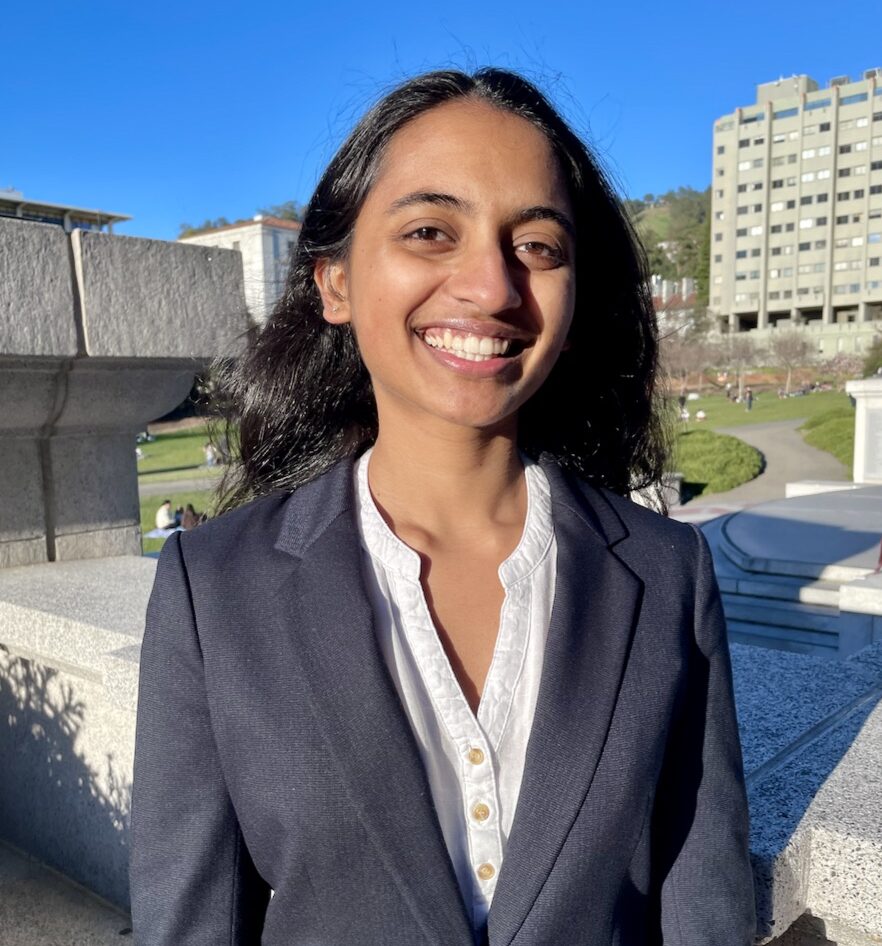
Sharanya Sahu
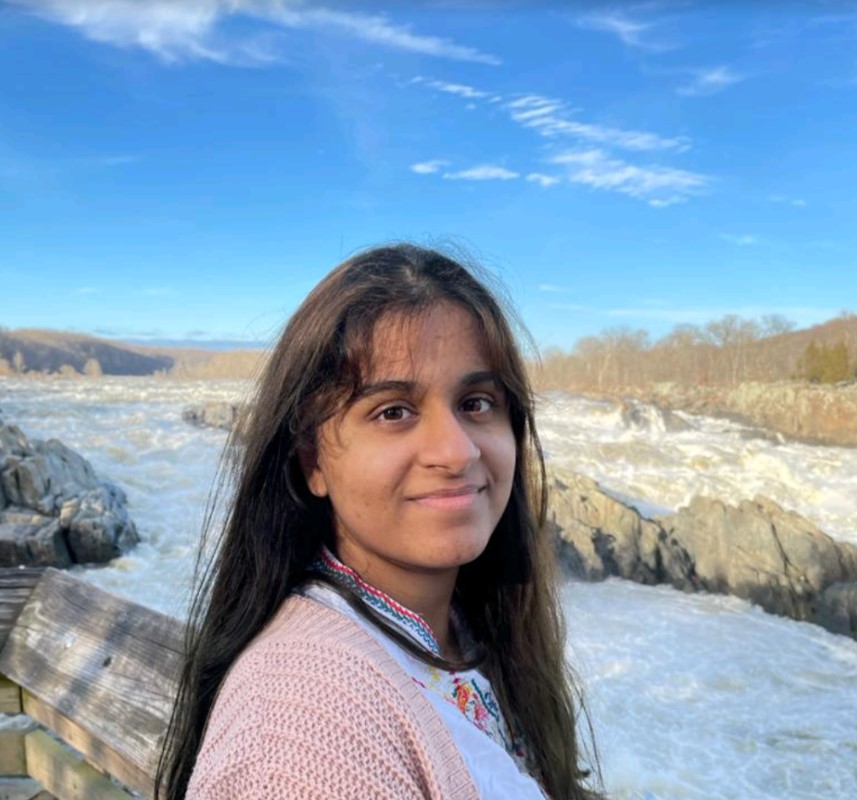
We are analytically and numerically studying the behavior of ecosystems based on perturbations in their descriptive parameters. Using mathematical modelling, systems will be studied at both discrete and continuous time scales. The impact of perturbations in the ecosystems on the stability of those ecosystems will be investigated.
Zaidie Long
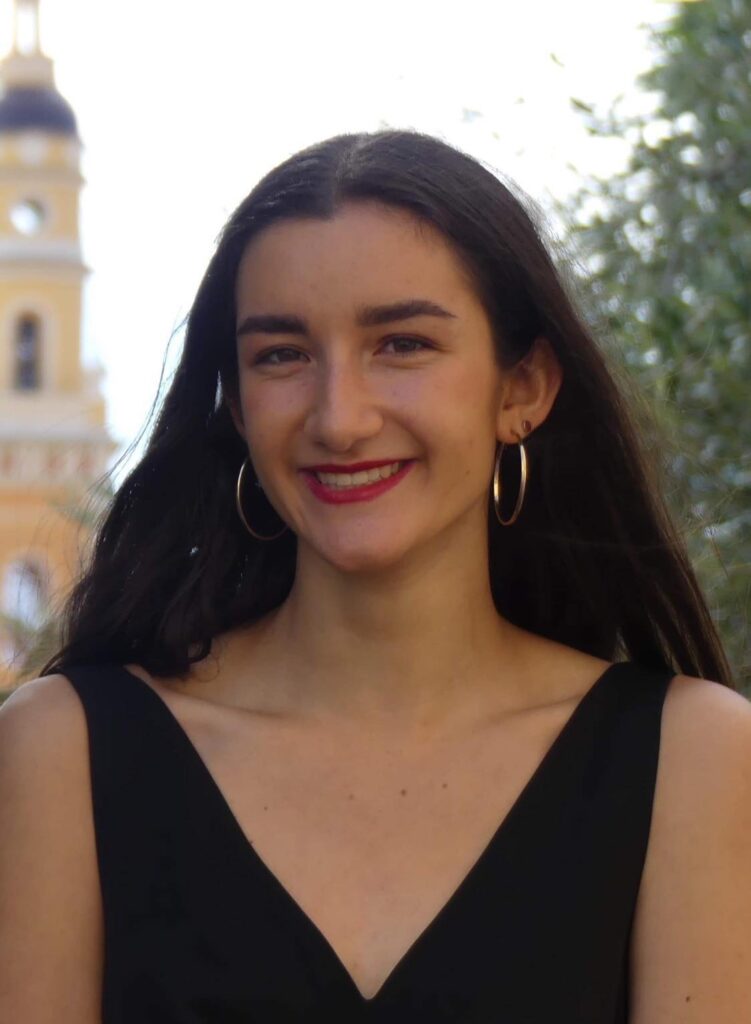
Using the skills I’ve gained as a researcher the UC Berkeley School of Law’s Human Rights Center, I will be working with a peer to conduct open source research on specific instances of human rights concerns in Myanmar. This will be an incredible opportunity to contribute to the important existing work to address several recent and ongoing critical instances of human rights abuses in Myanmar, as well as to learn about the work and operations of the IIMM, which was established by the UN Human Rights Council, and its partners.
Teisha Sritharan

This summer I will be doing a fellowship with the UN Independent Investigative Mechanism for Myanmar through the Human Rights Lab at Berkeley. I will have the opportunity to work with legal analysts from the UN and I will be able to continue to develop my open source investigation skills. I am extremely passionate about protecting the human rights of civilians, so this work means so much to me. I am ecstatic that I will be able to make a contribution towards getting justice for some of the Rohingya people […]
Kellie Rong
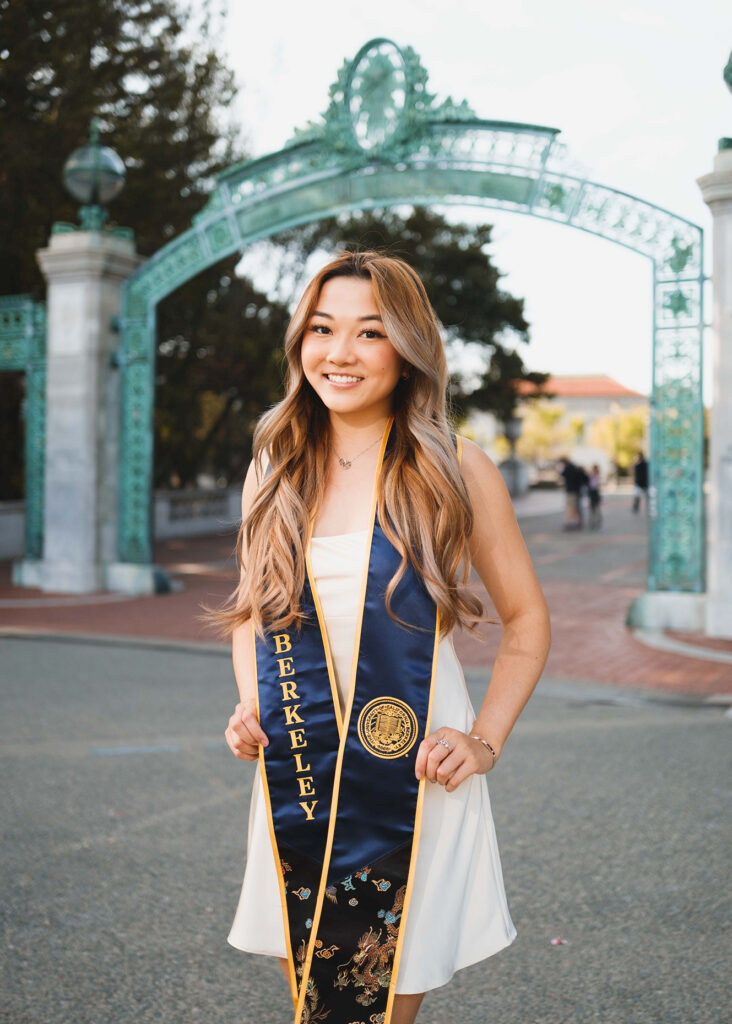
Myopia, or near-sightedness, is one of the largest epidemics affecting children and adults worldwide. Atropine has been used as a dilating agent for various clinical purposes, yet at low doses has been found to decrease the progression of myopia in children. This summer, I will be focusing on two projects: 1. Does applying two drops of 0.01% atropine sulfate solution cause the same clinical effects as one drop of 0.02% atropine? 2. How quickly do the pupil responses and ciliary muscles recover following a dose of 0.01% atropine, 0.02% atropine, […]
Alexander Soloviev
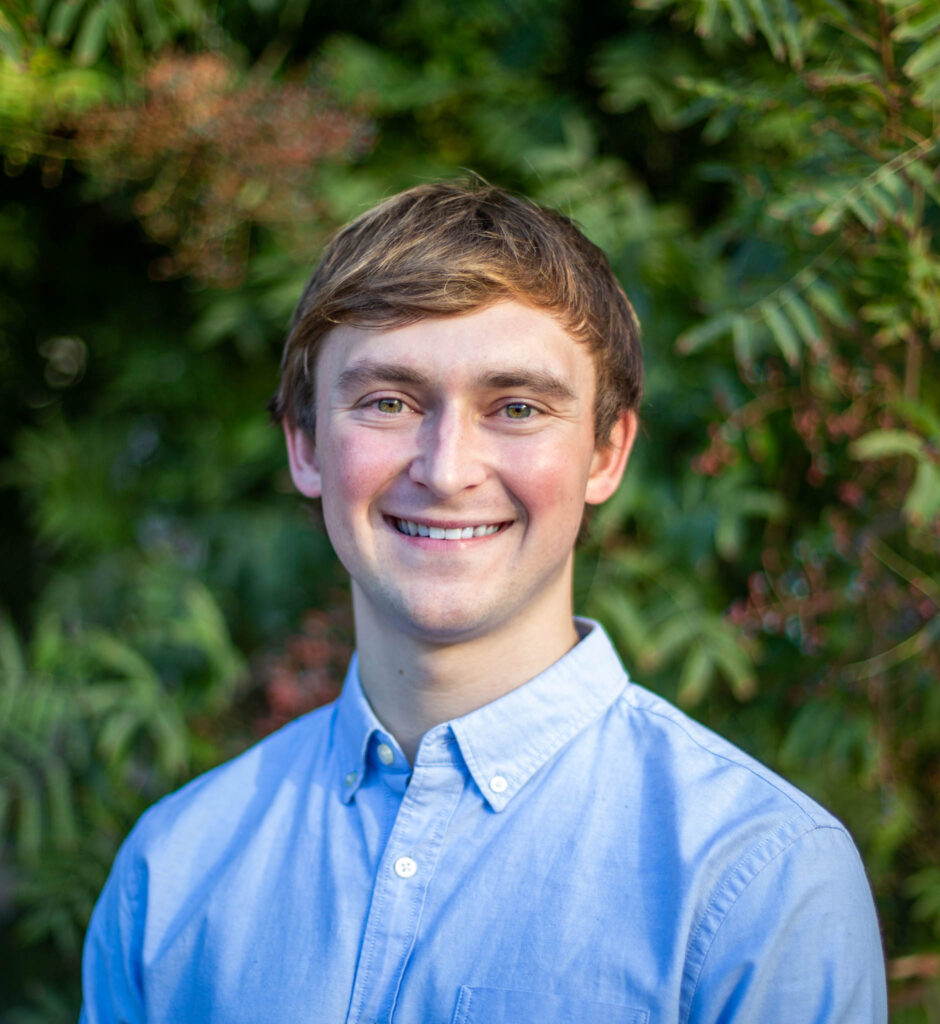
Louis Curson-Mayorga
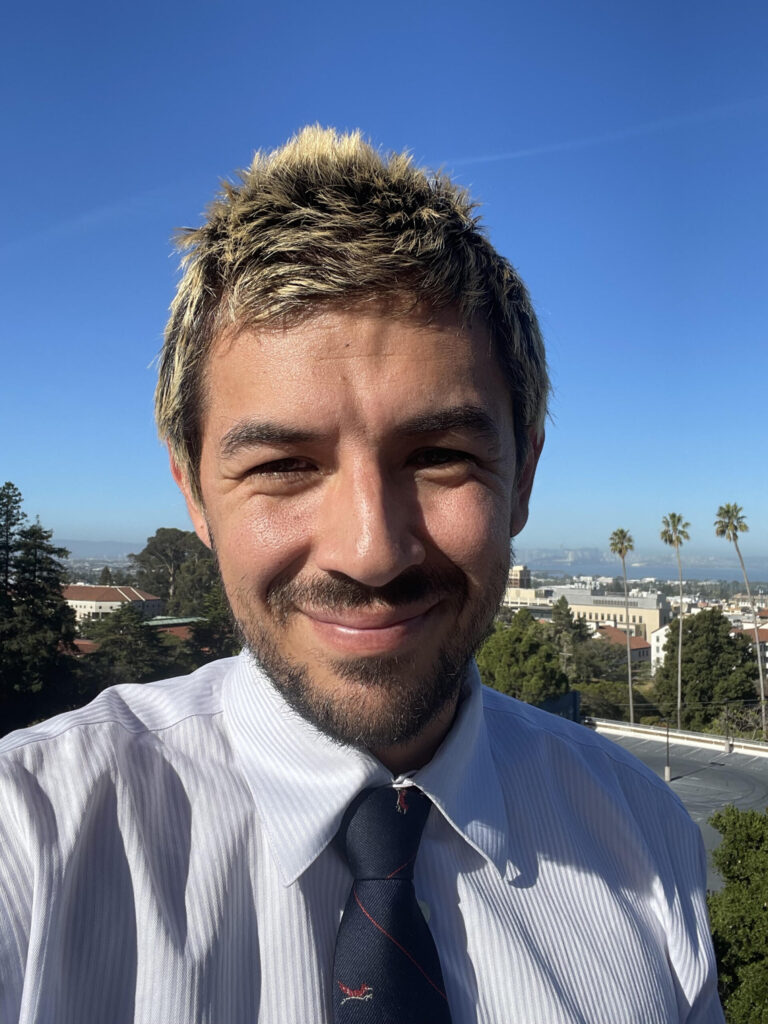
My research in the Bear Bones Lab focuses on collaborative archaeology that is stake-holder accountable with an emphasis in low impact remote sensing techniques that support community goals. Low impact methodologies are a high priority to many communities, particularly indigenous groups, these technologies allow them to have more control over their heritage. Archaeology has been a tool of colonialism, but through collaboration with indigenous groups we use it as a tool of social justice. I will continue to research remote sensing methodologies and engage with our tribal partners over Summer.
Jerry Sun
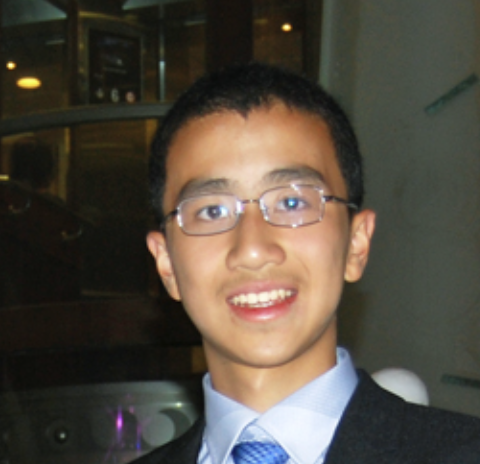
Understanding how biological variation is maintained in nature is a fundamental goal in biology and crucial to society as we face rapid global climate change. Climate change is causing hot, dry desert regions to expand, and we have a limited understanding of how genetic and phenotypic diversity will be affected by this environmental change. I am using a color polymorphic lizard from the Aegean islands as a system for studying how phenotypic diversity is maintained across a north-south temperature gradient. My research objective is to experimentally determine if lizard color […]
Megan Cistulli

I will focus on two summer research projects. First, I will continue working on an amicus brief in the Harvard/UNC affirmative action case. This research opportunity allows me to dive into the history of the diversity justification for affirmative action. Second, I will continue to research the lectures and discussions among global equality experts to incorporate into Berkeley EdX MOOC courses, which will directly contribute to my learning of the diversity of world-wide views of scholars of comparative equality law, particularly on the global #MeToo movement.